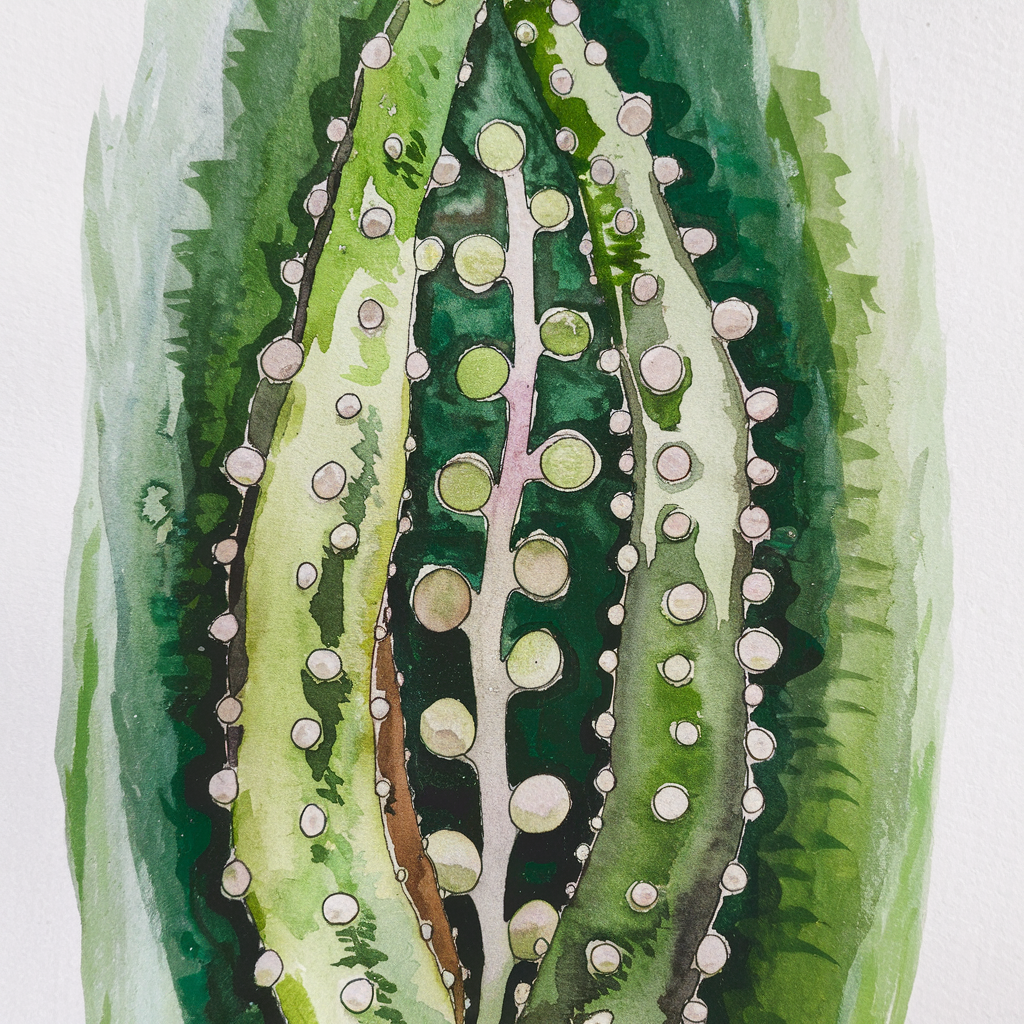The use of plant stem cells in the cosmetic industry has gained significant attention. They offer a sustainable and efficient alternative to traditional plant-derived ingredients. Various plant stem cells—including those from apples, grapes, ginger, and rice—are now commonly incorporated into skincare formulations due to their ability to provide bioactive compounds with minimal environmental impact.
One of the key advantages of using plant stem cells over field-grown plants is their controlled and optimized production process. Unlike whole plants, which are subject to developmental variations, environmental stressors, and pesticide exposure, cultured plant cells can be grown under standardized conditions, ensuring consistent quality and purity of extracted compounds. Additionally, these cultures allow for the efficient release of active molecules into surrounding media, facilitating easier extraction and reducing the need for extensive purification.
From a biotechnological perspective, the ability to harness plant stem cells for cosmetic use aligns with the industry’s growing emphasis on sustainability. The controlled production of bioactive compounds minimizes waste, reduces reliance on large-scale agriculture, and offers a stable supply of high-quality ingredients. As consumer demand for eco-friendly and effective skincare solutions continues to rise, plant cell culture technology presents a promising approach to advancing the field of cosmetic science.


